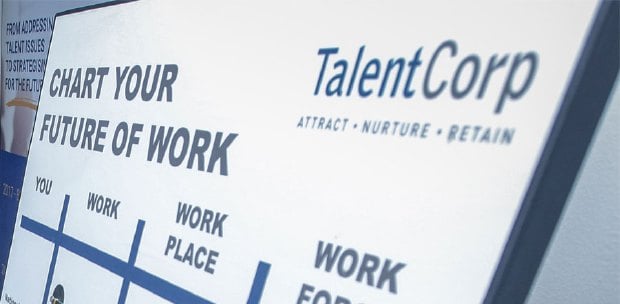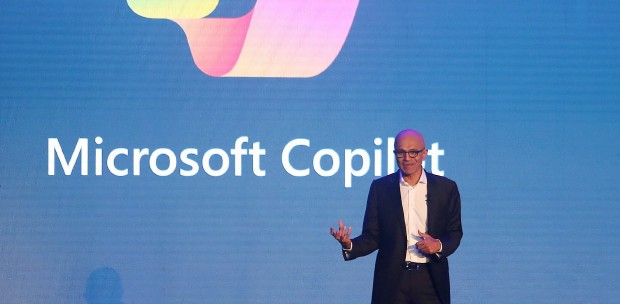IN a tumultuous economic landscape which is at the mercy of a raging pandemic that is disrupting supply chains, consumer demands, bottom lines and operations, many businesses are struggling to keep afloat.
But, there are those that manage to tackle these challenges and not only salvage their business, but pave new revenue streams.
None, perhaps, is more spectacular than Airbnb. At a time when the hospitality industry is driven to the brink of collapse — the world's five largest hotel chains lost over US$25 billion while the airline industry lost over US$84 billion this year — Airbnb reported its second-biggest quarter ever with a revenue of over US$1.34 billion this year.
MKM Partners analyst Rohit Kulkani predicted that Airbnb's bookings next year could exceed its levels last year. New York University (NYU) Stern School of Business's Scott Galloway described the San Francisco hospitality firm as the "most valuable private firm in the world" and will likely be worth more than the three largest hotel chains in the world.
What amazes and inspires me, though, is that unlike most tech companies where the founders possessed a strong technical background, Airbnb's co-founders are graduates of the Rhode Island School of Design. Brian Chesky and Joe Gebbia launched Airbnb initially as a way for designers to find a reasonably-priced place to stay while travelling.
Don't think that Airbnb is not a tech company — it is. It has a more employees with an engineering background than Amazon or Uber. But, the leadership and innovation of its two art-based co-founders are the "secret sauce" that made it so different from other firms. Airbnb co-founders are not the anomaly. Think of what the late Steve Jobs brought to Apple or Steve Wozniak, the engineer, who is credited for Apple's era-defining products such as the iPod, iPhone and Macbook. However, it was Job's creative vision that breathed a new lease of life to Apple with the "Think Different" campaign.
The creatives, artists, humanities and social scientists are not the people who would cross our minds when we envision the workforce of the future.
We are constantly bombarded with the imagery of robots, machines and on-screen data projections, so much so that some of us might have misconstrued the Fourth Industrial Revolution (IR4.0) as being an era where only the technical, engineering and programming experts can thrive.
The US$160 billion global gaming industry certainly disagrees. Content and creativity are integral parts of the continually innovating and growing workforce of the future. Action-adventure video games with a cult following like Naughty Dog's The Last of Us were credited for its exceptional attention to the game's storyline, character arc and emotions.
Video games investor and NYU lecturer Joost Van Dreunen said that content development made up over one-third of the gaming industry. Xbox's parent company, Microsoft, acquired ZeniMax media — the creator of the best-selling video game franchise, including Fallout — for US$7.5 billion in cash.
It is impossible to talk about content without talking about the biggest and fastest-growing content hub on the planet — Netflix.
As it faces tough competition from Disney+, Amazon Prime, and HBO Max, the streaming platform is expected to invest over US$17 billion on content this year from all over the world. According to Bloomberg's intelligence data, Netflix's investment in content and those of other streaming services, are only going to get higher every year.
So, to the storytellers, the creatives, the creators, the artists, and those who dare to dream big, the future of work in the era of IR4.0 is a global open field to explore. Our desire to connect, to realise our purpose and to express that makes the usage of technology in all aspects much more fulfilling.
As the conventional movie theatre business is grappling with the expansion of streaming giants and consumers' receptiveness to live-streaming content as well as the growth of the "fanfic" industry, our content industry can also learn to move forward with an innovative mindset.
Perhaps, it's time we relook at the national dream of winning the Best Foreign Film category at the Oscars, and instead focus our policies, research, and development, on nurturing, growing and producing talents that can compete in the industry with products that matter.
The writer is a strategy and creative consultant who finds gratification and wisdom in the exploration of culture, technology, innovation and current affairs as they intersect in our constantly evolving and complicated world
The views expressed in this article are the author's own and do not necessarily reflect those of the New Straits Times






